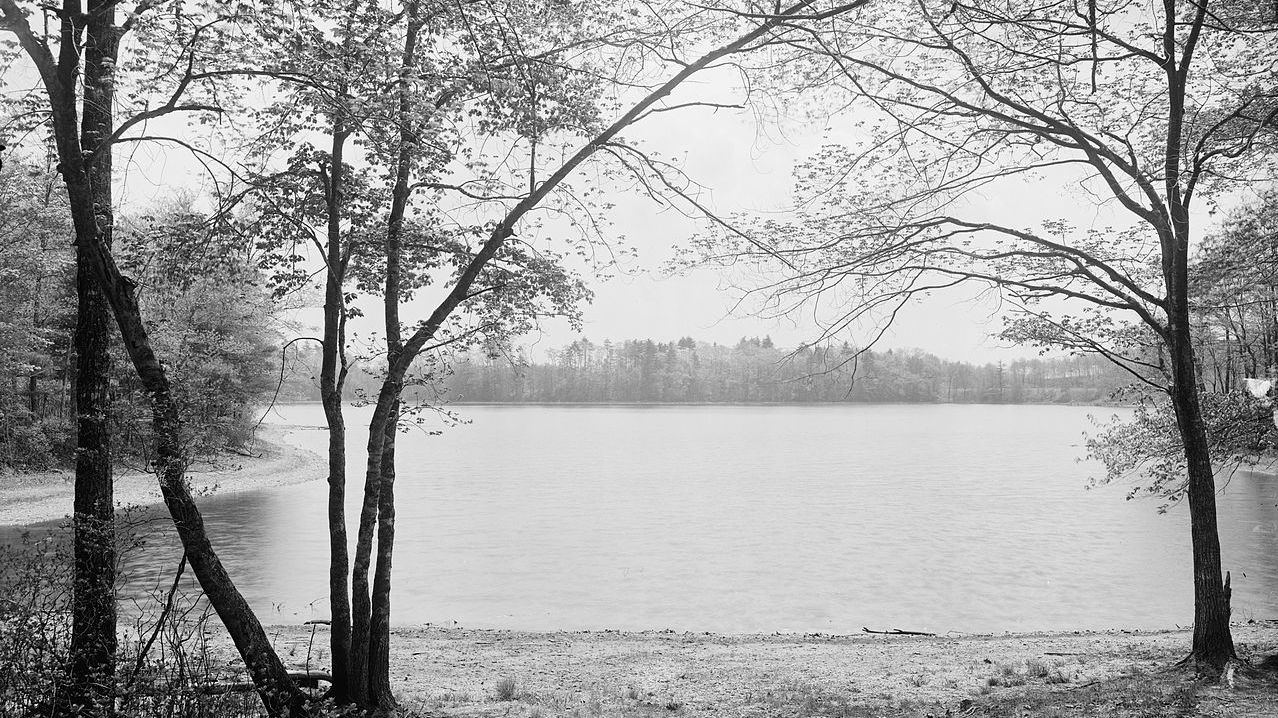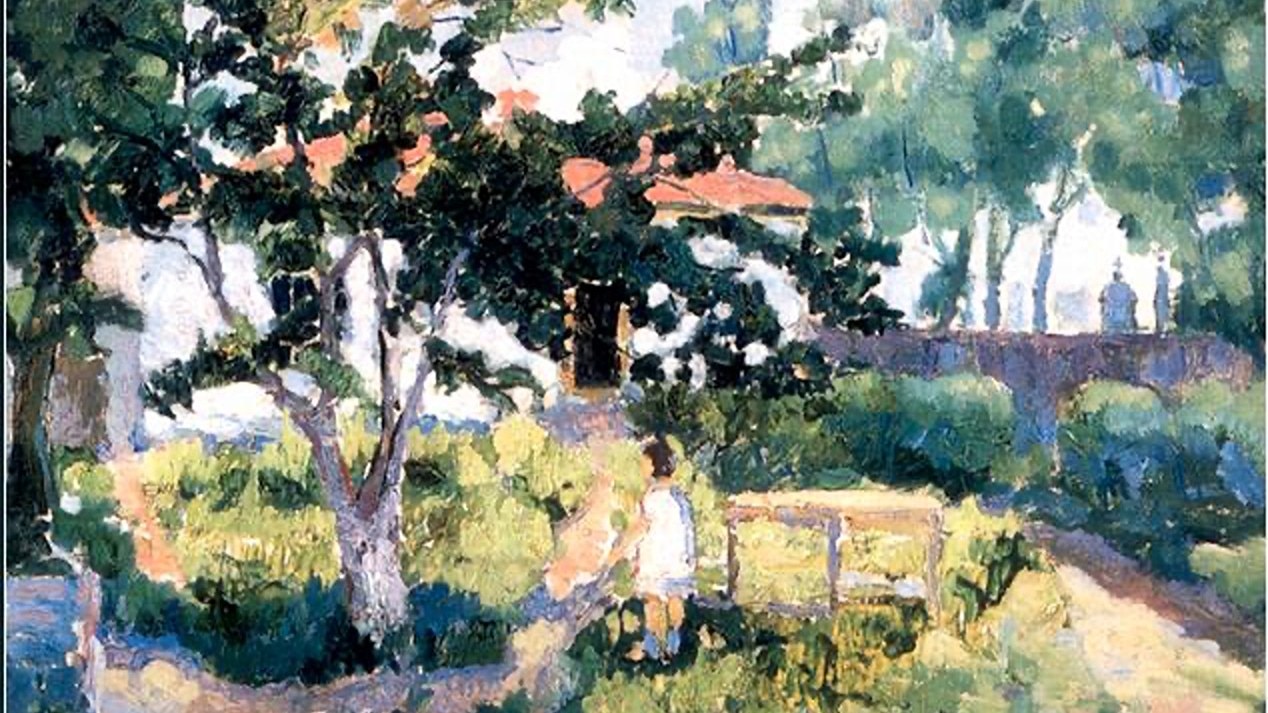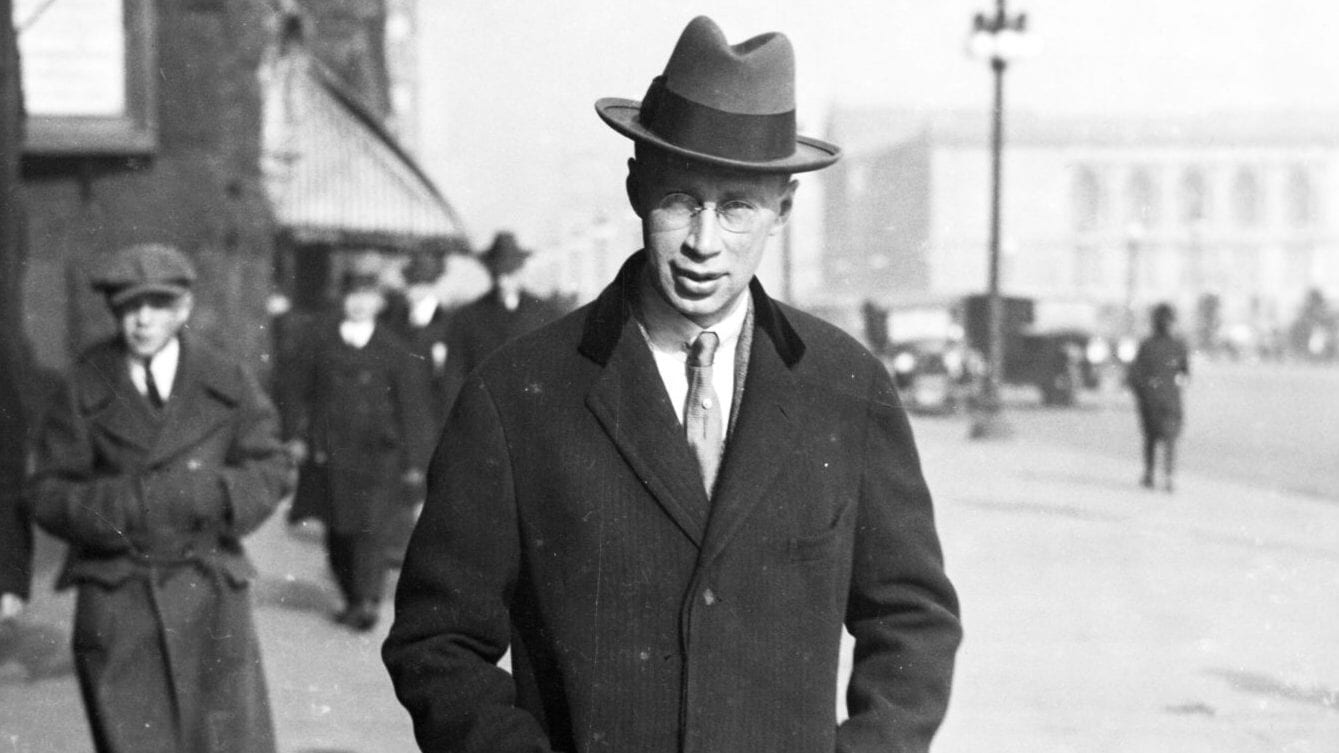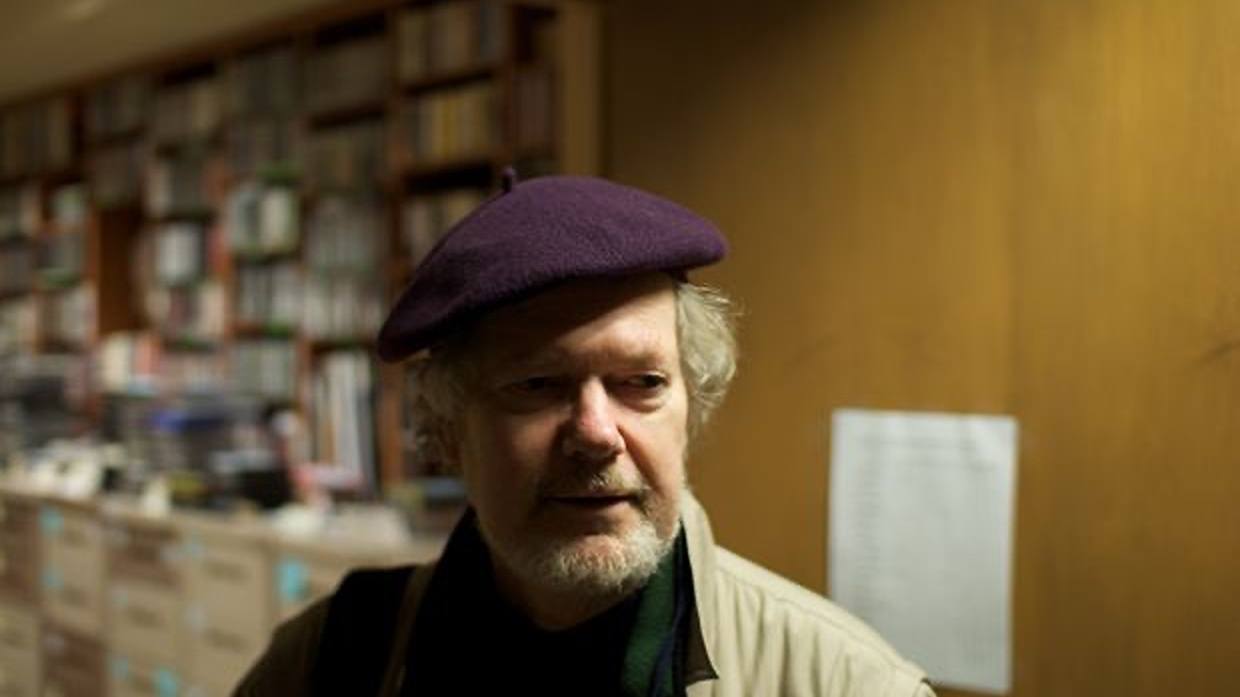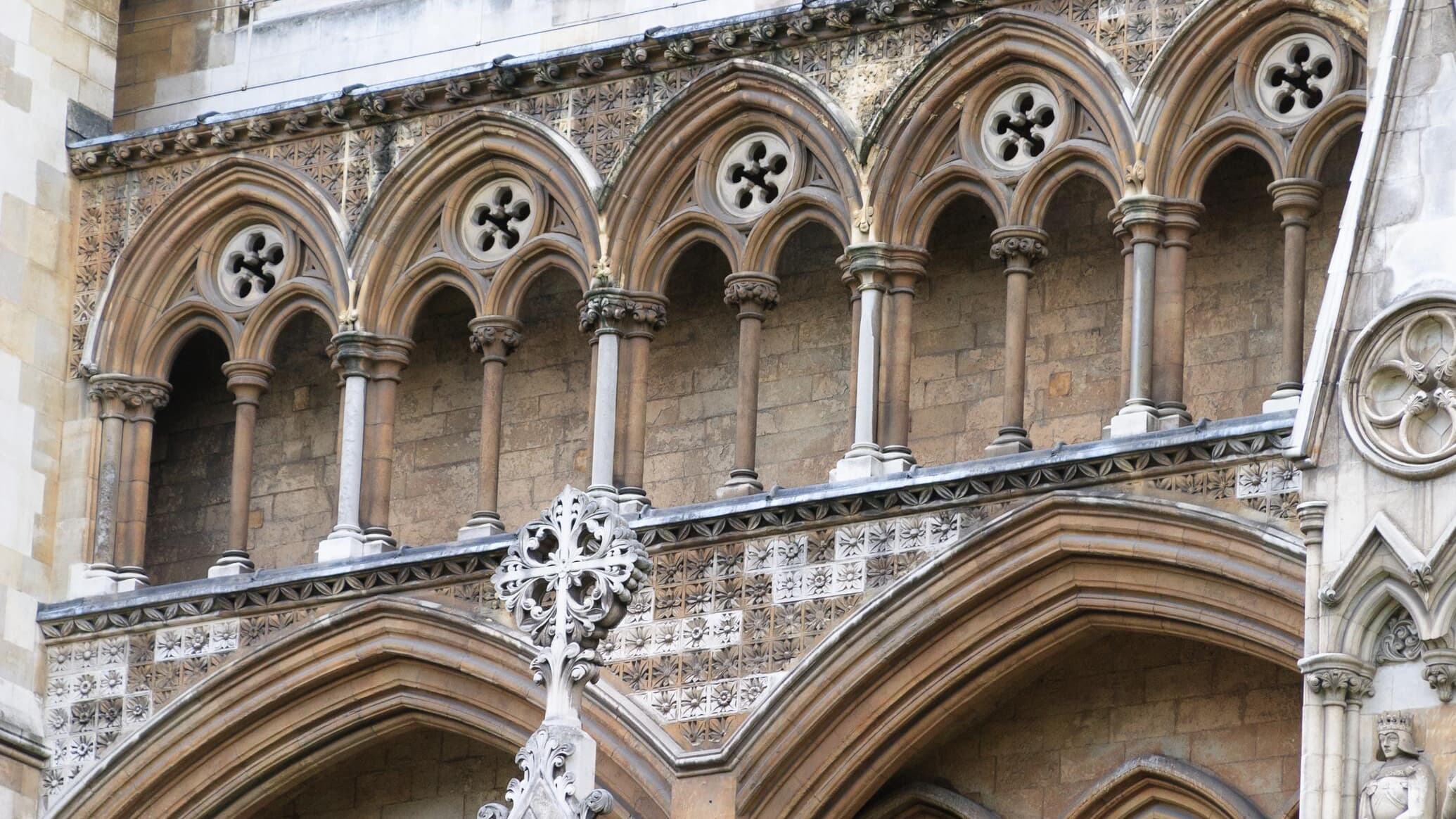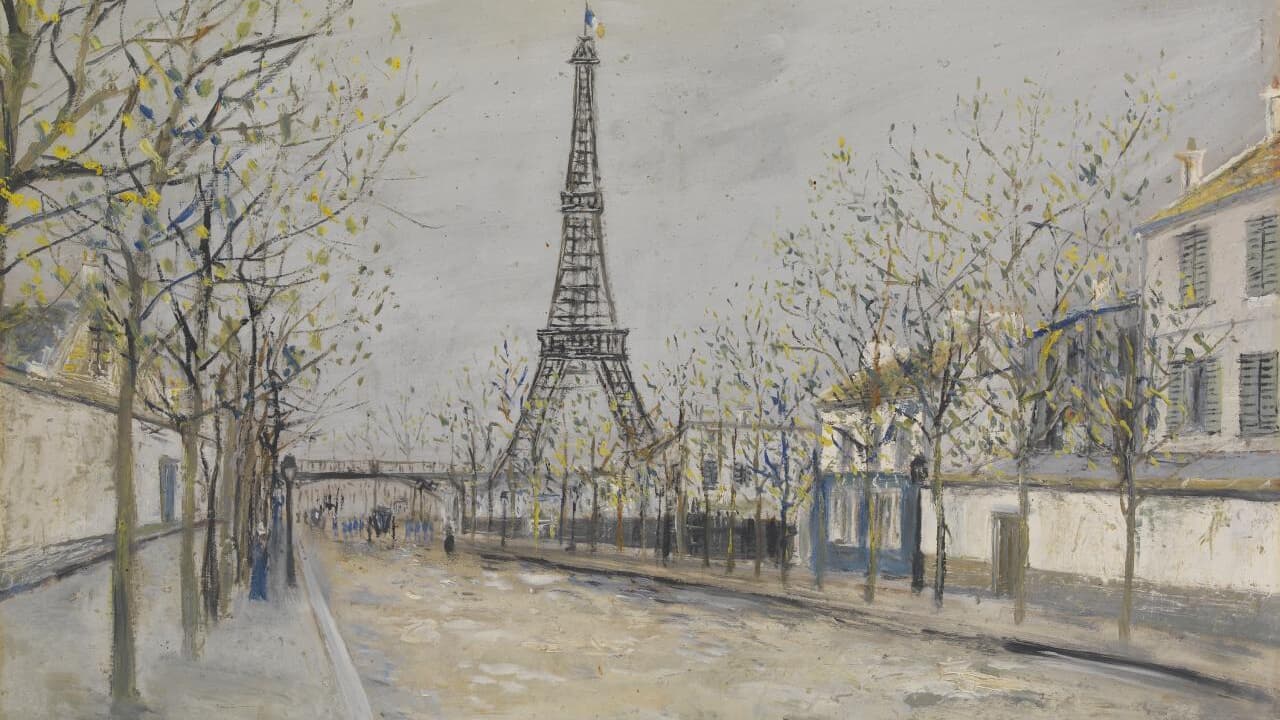Ives’ “The Pond”: A Dreamy Elegy
Composed by Charles Ives in 1906, The Pond is a shimmering, atmospheric fragment, or, in the words of the composer, “a song without voice.” Evocative of a rippling pond on a lazy afternoon, the work is so brief that it unfolds as a fleeting dream. The Pond was the composer’s nostalgic elegy for his father, George Ives (1845–1894), a cornet player and bandmaster in the Union Army during the Civil War. In Ives’ musical fragment, …

